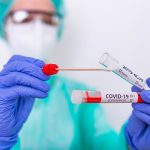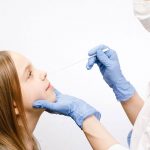COVID-19
Testing Available
COVID-19 RT-PCR
The COVID-19 RT-PCR test is a real-time reverse transcription polymerase chain reaction (rRT-PCR) test for the qualitative detection of nucleic acid from SARS-CoV-2 in upper and lower respiratory specimens (such as nasopharyngeal or oropharyngeal swabs, sputum, lower respiratory tract aspirates, bronchoalveolar lavage, and nasopharyngeal wash/aspirate) collected from individuals suspected of COVID 19.
Rapid Testing
Rapid, point-of-care diagnostic tests use a mucus sample from the nose but can be analyzed at the doctor’s office or clinic where the sample is collected and results may be available in minutes. These may be molecular or antigen tests.
What to Do If You Are Sick
Symptoms of COVID-19 may show up 2 -14 days after exposure. The steps you should take if you think you are sick with COVID-19 depend on whether you have a higher risk of developing severe illness.
General Population:
- If you are in generally good health and have mild symptoms, stay home and take care of yourself like you would for a cold or the flu.
- If symptoms worsen, call your doctor.
- If you need help finding a doctor or accessing medical care, call 2‑1‑1 and they can direct you to low- or no-cost providers in your area.
- For more information on how to take care of yourself at home if you are sick, see the CDC website
High-Risk Individuals
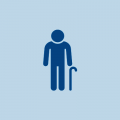
Older Adults
(65+ Years)
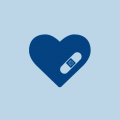
Heart Disease

Diabetes
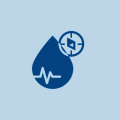
High Blood Pressure

Cancer

Weak Immune Systems
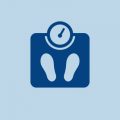
Obesity
Weakened Immune Systems
People 65 years or older, and/or people with medical issues, like heart disease, diabetes, high blood pressure, cancer, or a weakened immune system, are at a higher risk for getting very sick from COVID‑19.
- If you are a high-risk individual and you develop fever or symptoms, call your doctor.
- If you are not sick enough to be hospitalized, you can recover at home. Follow your doctor's instructions and refer to CDC recommendations for how to take care of yourself at home.
Need More Help?

